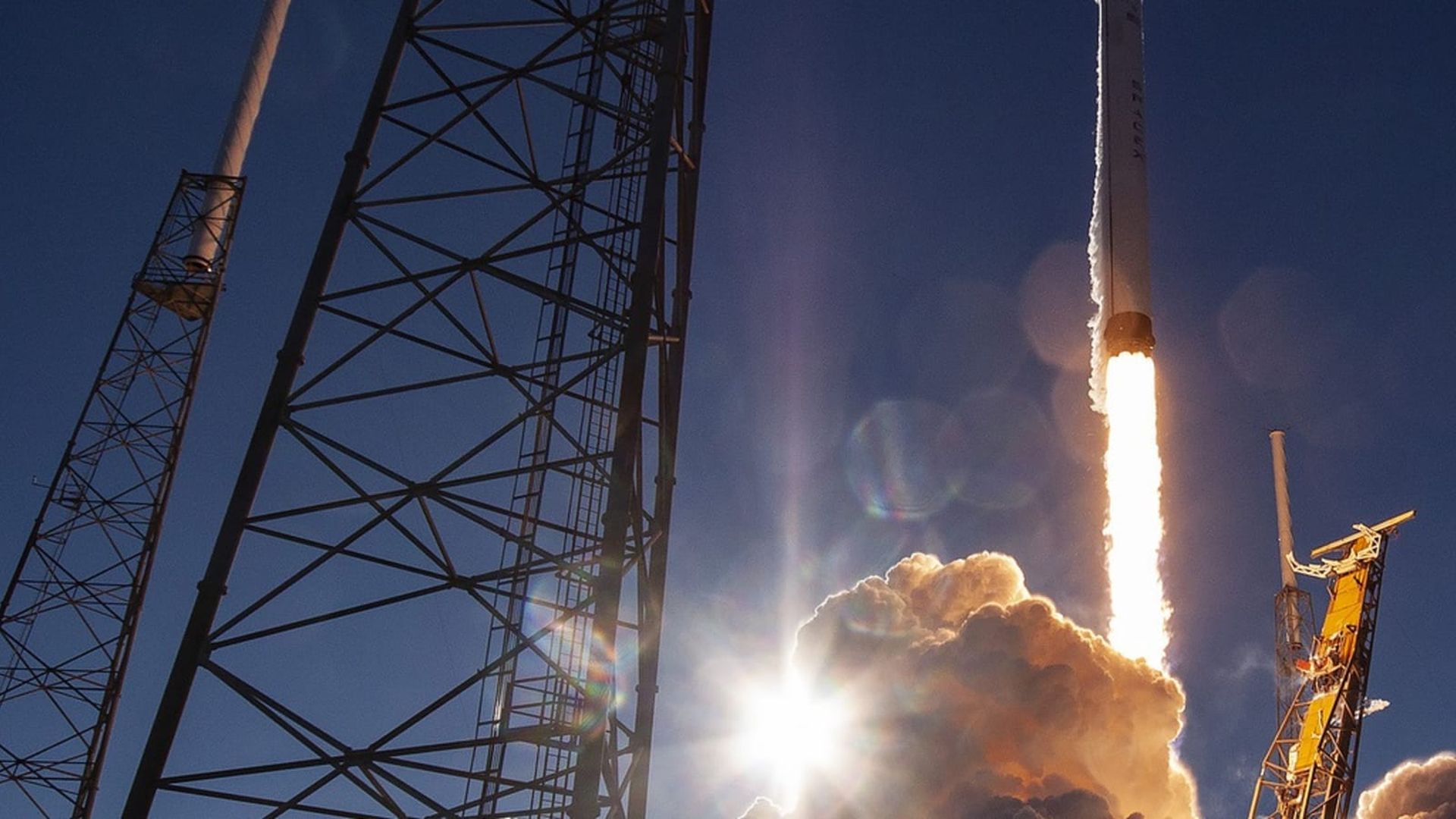In view of the challenges in space such as the increase of orbital debris, militarization of space will be “very bad,” Charles Frank Bolden, former administrator of NASA, told Xinhua at the sideline of an international space conference in Israel.
The 15th Ilan Ramon international conference was hosted on Tuesday by the Israel Space Agency, a governmental body affiliated with the country’s Ministry of Science and Technology, as part of the 2020 Israeli space week events.
Ilan Ramon is the first Israeli astronaut who died in the Space Shuttle Columbia disaster in 2003.
“It would be very unfortunate for people like me who want to be able to explore space freely,” Bolden said, referring to militarization or weaponization of space.
“You can wipe that out in a heartbeat if you actually get engaged in full-blown militarization of space when people can start firing kinetic weapons at each other,” he added.
One of the effects of those possible attacks, according to Bolden, is the increased amount of orbital debris which is already critically dense after decades of satellite launch and human missions to space.
To clean up the low Earth orbit of the satellite debris would be “a big challenge,” Bolden told Xinhua, warning that it would become a significant problem “if we’re not careful.”
Other keynote speakers at the conference also pointed to the threat of the massively growing amount of satellites and the resulting debris in space.
However, Pascale Ehrenfreund, president of the International Astronautical Federation, also mentioned a business opportunity for launching services despite the concern of increasing debris.
Besides, the participants in the conference highlighted the role of the private sector in the space industry in recent years when the governmental agencies have started to see themselves as aggregators and regulators.
On the future manned space missions to the moon, keynote speakers said they would be much more sustainable and prolonged with the ultimate goal of setting up permanent bases there.
Landing humans on Mars would be the next biggest challenge in the coming decade, they added.
Meanwhile, the space economy, which has hit about 350 billion U.S. dollars, will top a trillion dollars by 2040, according to Ehrenfreund.
Space activities in the next decade will include commercial space tourism, cheaper satellites for communication, navigation and monitoring, and more services for broader users, she said.










